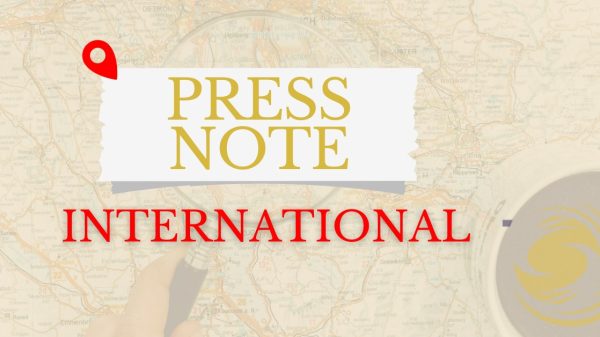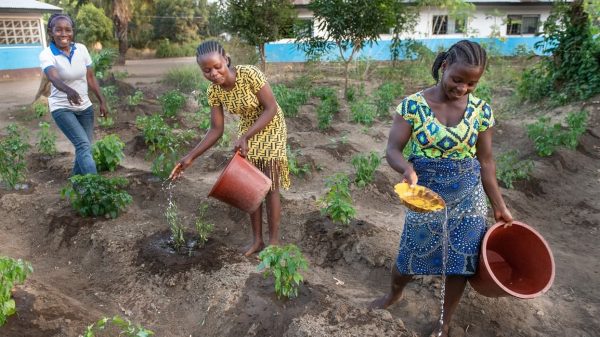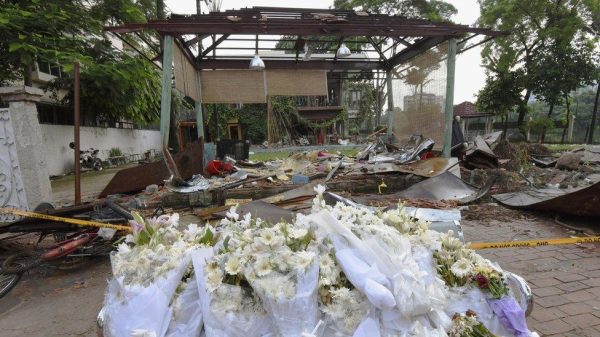Singapore’s Politics: Post-Election Prospects and the Global Context

- Update Time : Monday, May 5, 2025

Political Continuity vs Leadership Transition
The People’s Action Party (PAP) has ruled Singapore for over 60 years. While this long rule symbolizes political stability, it also carries the risk of a “party-dependent” governance system. In the 2025 election, although the PAP secured another strong mandate, the challenge came from within — a generational shift in leadership.
International Comparison:
- In Japan, the Liberal Democratic Party (LDP) ruled for a long time but was forced into policy reforms due to demands from younger generations and economic stagnation.
- In Malaysia, after prolonged Barisan National rule, political instability emerged due to weak leadership and public dissatisfaction.

If Singapore fails to balance party dominance through effective leadership transition, its authoritative political standing could be undermined in the future.
Economic Challenges and Ministerial Accountability
Minister Shanmugam has acknowledged that Singapore is currently in an ‘economically risky’ period. The global economy is facing a downturn, investment is slowing, and trade growth is weakening.
Singapore’s economy relies on:
- Global commodity trade
- Finance and technology sectors
- Foreign investment and a migration-based labor market
All three sectors are currently under pressure.
International Comparison:

- During the 2023–24 economic slowdown, South Korea increased job-based incentives and tech sector investments.
- Ireland and Israel boosted budgets for education and research to build a skilled labor and technology-driven economy.
If Singapore fails to restructure in time, its economic model may be disrupted.
Youth and Policy Decentralization
PAP’s victory with four new MPs introduces a kind of “test.” Time will reveal how much political foresight and public engagement this young leadership truly possesses.
Among younger generations, there is growing sensitivity around digital freedom, freedom of expression, employment, environmental issues, and social security — shifting the center of political trust.
International Comparison:
- In Finland and New Zealand, young leaders have prioritized environmental policies and digital governance to earn public trust.
- In Indonesia and Thailand, active youth voter participation signals political reformation.

If the PAP fails to understand and address youth demands through policy decentralization and participatory governance, it may pave the way for the opposition’s political growth.
Which Way for Singapore?
Though the 2025 election was another win for the PAP, it is a “signal election” — marking the simultaneous emergence of leadership transformation, economic challenges, and new generational political consciousness.
If the PAP can maintain internal and international balance through competence, integrity, and timely reforms, it may grow even stronger in the coming decade. Otherwise, this may mark the beginning of opposition resurgence.










Leave a Reply